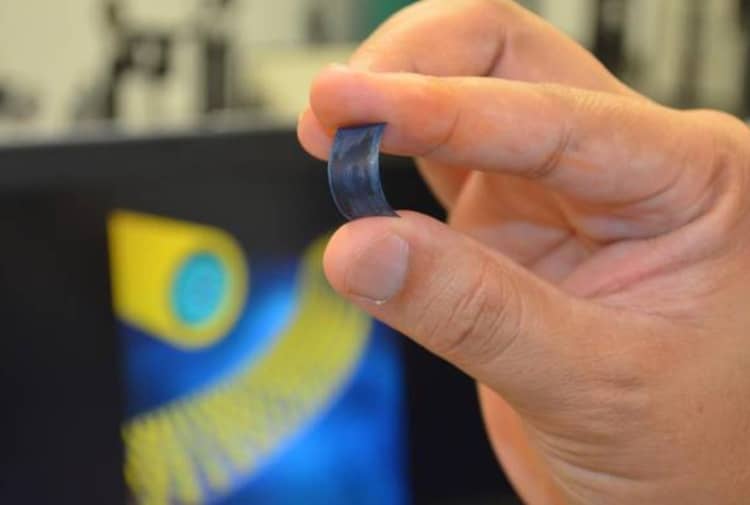
Reload in seconds
How many times has it happened to you to leave the house with the cell phone running out of battery? Unfortunately it often happens, above all, because it takes an average of a couple of hours to charge the phone and often we don't have this time.
Moreover, nowadays, mobile phones download quickly because they are used much more than in past years. In short, between the camera, Facebook, WhatsApp and the internet in general, the battery dries up quickly. The functionalities of our devices increase and become more performing but the battery remains as it is!
Soon, however, this discomfort could become just a memory!
How is it possible?
The team of nanotechnology experts from the University of Central Florida is working on a new formula that will allow a supercapacitor of recharge an empty smartphone in a matter of seconds.
What is a supercapacitor?
A supercapacitor it is a device that stores energy within an electrostatic field and has the advantage of being able to be charged and discharged almost instantaneously. The new supercapacitor in question, which will soon be patented, consists of millions of microscopic threads covered with two-dimensional materials: on the one hand the high conductivity nucleus which simplifies the passage of electrons to accelerate the charging speed; on the other, a coating consisting of new nanomaterials which allows you to amplify a higher density of energy and power.
According to the experts from the University of Central Florida the new patent could allow you to keep one running smartphone for a whole week with one single charge of a few seconds.
The benefits of this brand new superconductor they would not only be from a timing point of view, but also from a technical point of view.
In fact, while the batteries that we find on the market can survive approximately 1500 charging cycles, i supercapacitors in question would be able to withstand up to 30 000 charging cycles.
Thanks to their longevity, in the not too distant future, i supercapacitors they could be used not only in the smartphone and tablet sector, but also in the wearable technology sector (smartwatches; fitness bracelets; music players) and even electric cars.










